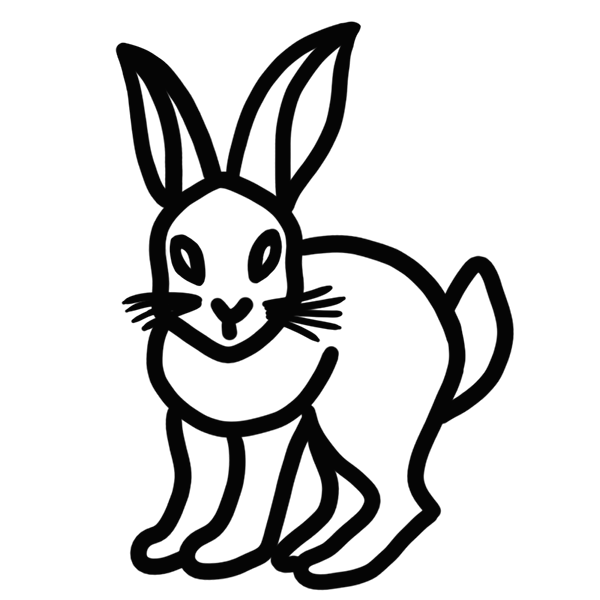Resources
These are some of the resources or articles that we have found to be important in navigating the big question of how we should be teaching math in this complex, rapidly changing world. We will add to these from time to time.
Green Chameleon
1997. Small napkins
Peter wrote this Facts and Arguments column for the Globe&Mail just as the deliberations for the new Ontario High-School Math Curriculum were getting underway. It was based on his reaction when his grade 12 daughter Jo brought home her final exams for both Math and English.
2018. The Hitchhiker’s Guide to the Secondary Mathematics Curriculum Landscape
This is a call for powerful stories in the secondary mathematical landscape. Peter wrote this in 2018 along with three of his graduate students. He weaves his memories as a PhD student in the 60’s into a century-long call for a different kind of schooling, one that’s about how to make a life rather than how to make a living.
2018. Blue Skies Above the Horizon
This chapter appears in a book which investigates the connection between the discipline of abstract algebra and its appearance in the secondary classroom. In this article, Peter and Ami Mamolo begin with the premise that secondary students should be engaging with meaningful, relevant, interesting, and challenging activities and problems.
2018. Teach the Mathematics of Mathematicians.
This is Peter’s main argument for an “authentic” school mathematics curriculum, one consisting of activities that would provide interest and delight to mathematicians.
2019. Mathematics is about wonder, creativity and fun, so let’s teach it that way
In this follow-up “popular” article, Peter emphasizes the beauty and wonder of mathematics that is so often missing from the classroom.
2019. Reforming School Mathematics: Two Levels of Structure
In this article Peter talks about the possibilities for a more authentic school mathematics curriculum, and then makes the point that change is required at two structural levels. The first of these is the structural richness of the mathematical activities we bring into the classroom, and the second is a new structure for the curriculum itself (including objectives and assessment).
2023. Afterward: Mathematics and the Future of the Planet
This is the afterward Peter contributs to a book by Ann Kajander for preservice intermediate math teachers. Here his aim is to acquaint them (or remind them about) a rich literature suggesting that the mathematical activities they are expected to work with might fall far short of what their students need and deserve.

